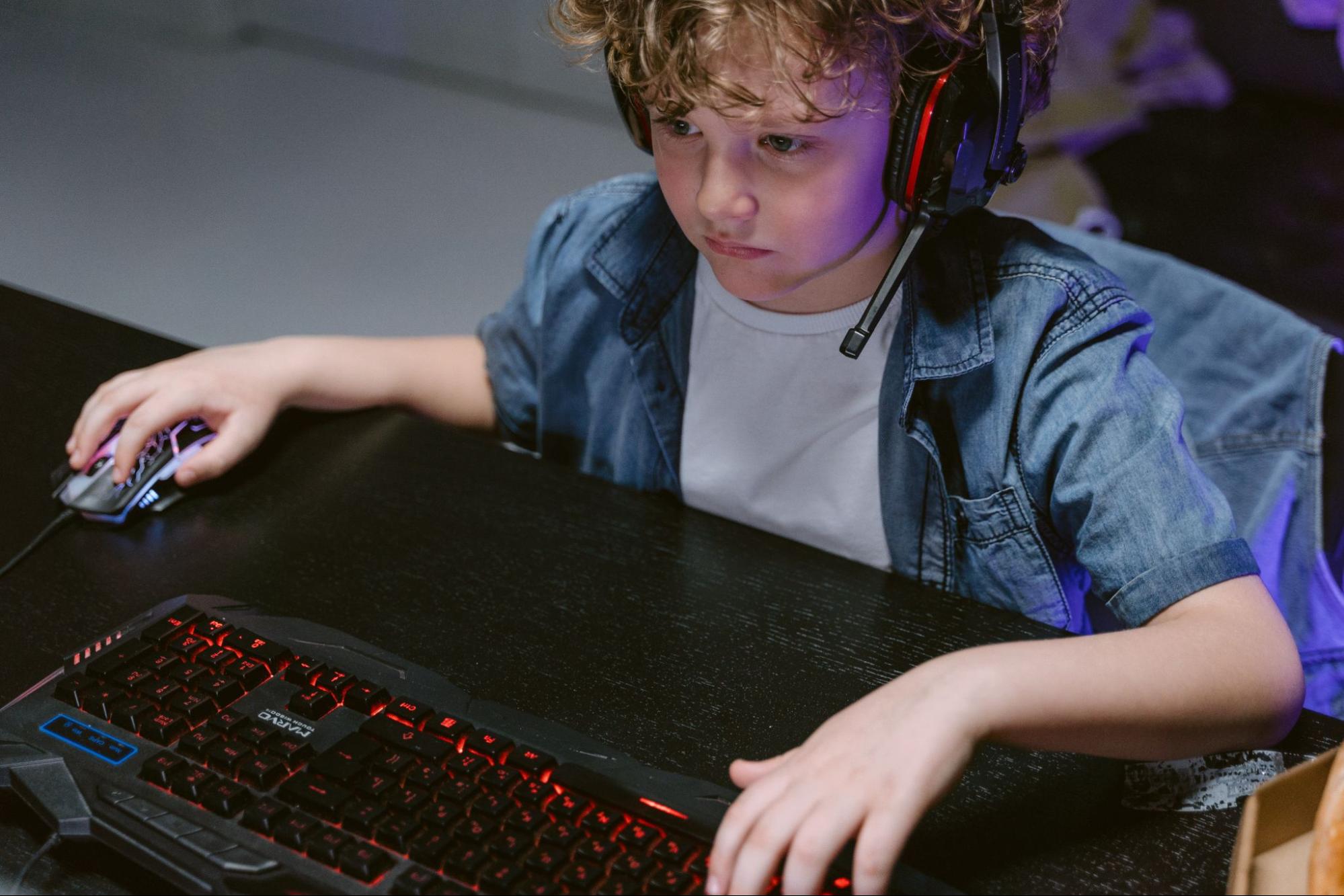For obvious reasons, parents are not happy when children play too much TV or video games. The fear that children will suffer negative consequences is understandable. However, a study conducted in the United States has come to a surprising conclusion: video games have helped to increase the IQ of some children.

IQ increased by 2.5 points
Each study is conducted for a specific reason. As for the impact of video games, the fact is that many children between the ages of eight and twelve spend several hours a day in front of the screen. In the United States, for example, it is said that it is normal for children to watch games or television programs for four to six hours a day. The impact of such behavior should be checked together with the study. For this reason, 9855 children were examined twice.
At the beginning of the study, both children and parents had to report the behavior. This was partly an assessment. At the same time, the current IQ of the children was determined by means of psychological tests. After two years, the children were examined again. After that, some children's IQ was 2.5 points higher, which was also confirmed by officially approved tests. This quickly gives the impression that games can indeed increase children's intelligence.
It is impossible to judge whether this is true or not. After all, it has not been established what games the children played. Certainly, there are video games that require strategic thinking. Other games, on the other hand, expect children to memorize situations or objects. These will be needed later to progress in the game. Such games are likely to have a positive effect on cognitive abilities.
However, even adults can improve their results by playing online gambling games: choose the best one for you at wearemba.dk!
What factors go into IQ?
Proving the correct IQ is not so easy. Psychological tests consider several factors here, as only many different areas together lead to an intelligence quotient. Therefore, numerous cognitive processes are involved: attention, retention, working memory, processing speed, reasoning, reading comprehension and spatial thinking. This makes it clear that intelligence is indeed influenced by many factors. When a child experiences difficulties in any of these areas, it can affect their IQ.
Thus, there are many children who are not good at spatial thinking. This can be enhanced through video games such as Minecraft. At the same time, Minecraft especially requires the ability to think strategically. All this was found in the study: those who use television and social networks more often have lower intelligence than those who play complex video games. Of course, simple games like "jump and run" have less of an impact on intelligence, as they do not involve the mental areas mentioned above.
The environment of children was also examined
In order to be able to use the research to shed light on how the media in general affects children, it was necessary to examine other areas. The immediate environment was also examined, in particular the education of parents. Among other things, this affects children's performance at school. Can parents help with homework and help children prepare well for rehearsals? Since intelligence affects children's later life, all factors were included in the study. Therefore, it was also tested whether video games and television affect academic performance.
The study also showed that video games have a positive effect on school performance. When children mainly turned to video and social media, school performance neither improved nor deteriorated in most areas. This means that other factors, such as environment and learning behavior in general, have the biggest impact on school performance.

You may be interested: Online casinos and UFC partnership
Some parts of the school are endowed with video games
However, the study found that more TV watching reduces perseverance. However, perseverance is needed to be able to concentrate for a long time. Concentration is a prerequisite for children to be able to learn for a longer period of time. According to the study, the use of video games can have a positive effect on concentration. However, this statement again only applies to certain video games.
Previous studies have often reached other conclusions. However, they did not address the social environment. The new study also indicates that intelligence is also inherited. If this is not respected, the study can only give the wrong result. For this reason, the new study clearly showed that family situation and genes must always be taken into account. So, due to heredity, it would be normal for many children to watch a lot of TV.
On the other hand, it has become clear that video games cannot increase the intelligence of every child. If the genetic prerequisites are missing, even the most sophisticated game is useless. Or to put it another way: with the right genetic prerequisites, children will eventually get higher IQs even without games.
Should children play more now?
Although raising IQ through play sounds tempting, two authors of the study, the Karolinska Institute and the University of Vrije warn that children now play more. Hours of playing games or watching TV reduce social contact. In addition, children move less and stay only at home. The necessary physical activity in the fresh air is missing. This can also help improve academic performance.
At the same time, the study indicates that a higher IQ does not necessarily lead to better academic performance. It is also interesting that boys play about twice as much as girls, but they still have the same basic intelligence. The intelligence quotient also developed equally in both sexes. So, everyone must decide for themselves how often their own offspring can play and, above all, which game to use. In addition, parents should be informed about offers such as eSports betting or so-called loot boxes in order to educate and protect their children accordingly.
